
Book
The Thinker’s Toolkit
14 Powerful Techniques for Problem Solving
Recommendation
People often evaluate solutions incorrectly when they attack a problem. Some mistakes spring from insufficient information, but many are due to the natural tendency to believe what they “prefer to be true.” To improve your ability to solve problems, use 14 analytical methods designed to counter cognitive errors. To derive maximum benefit from Morgan D. Jones’s manual, don't just read it; work with it. He provides effective tactics to help you build cognitive skills.
Summary
About the Author
Morgan D. Jones formerly headed the CIA’s analytic training branch. He taught analytic methods at Georgetown University and founded Analytic Prowess, which conducts workshops for government and private organizations.
Learners who read this summary also read
Book
Book
Book








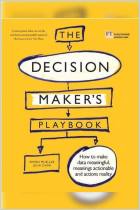
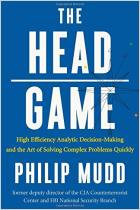
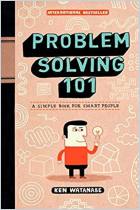
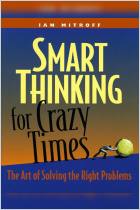
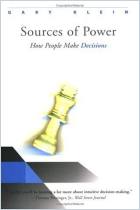



Comment on this summary